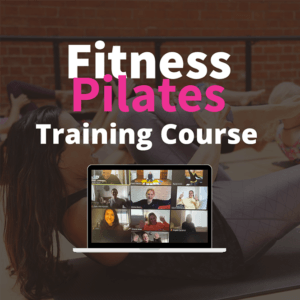
New Class Choreography Packages for Fitness Pros
We have launched 3 new packages for fitpros looking for some inspiration for their Spring class timetables! Whether it be launching a new class or

How to coach menopause for women
Coaching women through menopause can be a valuable and empowering experience. Menopause is a natural stage in a woman’s life, and it often comes with various physical and emotional changes it is important we provide support and coaching for our commmunities, here are some top tips:
Coaching women through menopause involves understanding and addressing the physical, emotional, and psychological aspects of this life stage. Your guidance can make a significant positive impact on the well-being of women experiencing menopause, have you thought about our Menofit Teacher training?
Find out all about our Menofit teacher training course HERE

We have launched 3 new packages for fitpros looking for some inspiration for their Spring class timetables! Whether it be launching a new class or

Wow what a weekend we have just had for IFS 2025, did you come along? I can’t wait to see you next year already… 📢Here

Get all my notes from IFS 2025 Blackpool click here Check out the 12 weeks FITPRO membership to STUDIO LIVE for daily choreography here Get

😊Hey are you going to IFS 2025 Blackpool ?! 28-30 March We hope to see you there!👋 The C2GO team will be teaching a great

Fitness Pilates Teacher Training Comes to Saudi Arabia! We are absolutely thrilled to announce that The Fitness Pilates Training Course is coming live to Saudi

🎉 Fitness Pilates Summit 2025 – Official Timetable Launch! 🎉 🗓️ Saturday 20th September | 📍Nottingham We are beyond excited to officially launch the 2025



For all events booking enquires and qualifications information contact:
rachel@choreographytogo.com
Office Number 07976 268672